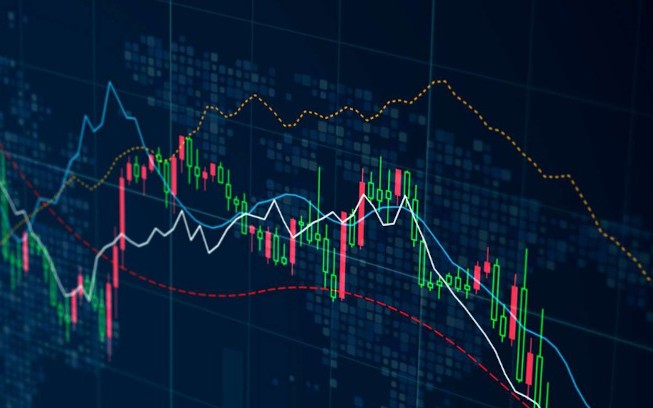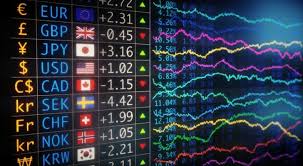
Understanding Online Forex Trading
In today’s digital age, trading forex online Jordan Brokers has made trading accessible to a broader audience. Whether you are a novice or an experienced trader, understanding the dynamics of forex trading can significantly enhance your financial portfolio. In this article, we will explore what forex trading is, how to get started, essential strategies, and some recommended tools to aid your trading journey.
What is Forex Trading?
Forex, or foreign exchange, refers to the global marketplace for exchanging national currencies against one another. This market is the largest financial market in the world, with an average daily trading volume exceeding $6 trillion. Unlike other markets, the forex market is open 24 hours a day, five days a week, allowing traders to engage from virtually anywhere in the world.
Getting Started with Forex Trading
Before diving into forex trading, it’s essential to understand the basics and how to navigate this complex marketplace. Here are key steps to get started:
- Choose a Reliable Forex Broker: Your broker will act as a mediator between you and the forex market. Ensure that the broker is reputable, offers competitive spreads, and provides a user-friendly trading platform.
- Open a Trading Account: Once you choose a broker, you must open a trading account. Most brokers offer demo accounts that allow you to practice trading without risking real money.
- Understand the Currency Pairs: Forex trading involves trading currency pairs, such as EUR/USD or GBP/JPY. Understanding how these pairs correlate with one another is crucial for successful trading.
- Learn Basic Trading Concepts: Familiarize yourself with essential trading concepts, including pips, lots, leverage, and margin. This foundational knowledge is vital for any trader.
Essential Forex Trading Strategies
Success in forex trading often boils down to the strategies you employ. Here are some common approaches:
1. Scalping
Scalping involves making numerous trades throughout the day to capitalize on small price movements. This strategy requires quick decision-making and a good understanding of market dynamics.
2. Day Trading
Day traders execute trades within the same trading day, closing their positions before the market closes. This approach reduces exposure to overnight market fluctuations.
3. Swing Trading
Swing trading seeks to capture price swings over several days or weeks. Traders often use technical analysis to identify potential reversal points in the market.
4. Position Trading

Position trading involves holding trades for an extended period, ranging from weeks to months. This strategy focuses on long-term market trends and requires patience and a solid understanding of market fundamentals.
Tools for Successful Forex Trading
Having the right tools can significantly enhance your trading experience. Below are some essential tools every forex trader should consider:
1. Trading Platforms
A good trading platform is crucial for executing trades efficiently. Popular platforms include MetaTrader 4 (MT4), MetaTrader 5 (MT5), and cTrader, each offering unique features and capabilities.
2. Technical Analysis Tools
Charts and indicators are vital for analyzing price movements and identifying potential trade opportunities. Familiarize yourself with tools such as moving averages, Bollinger Bands, and RSI (Relative Strength Index).
3. Economic Calendars
Forex trading is heavily influenced by economic events and indicators. Utilize economic calendars to stay updated on market-moving events, such as interest rate announcements and employment reports.
4. Risk Management Tools
Implementing effective risk management strategies is crucial for protecting your capital. Consider using stop-loss orders, position sizing, and diversification techniques to mitigate risks.
The Importance of Education in Forex Trading
Continuous learning is fundamental for success in forex trading. The market is dynamic and ever-changing, making it essential to stay informed about new strategies, economic trends, and market regulations. Consider the following educational resources:
- Online Courses: Many platforms offer online courses tailored to different skill levels, covering essential trading concepts and strategies.
- Webinars and Workshops: Participating in webinars and live workshops can provide valuable insights from experienced traders.
- Books and Articles: There are countless books and articles available on forex trading that can expand your knowledge and comprehension of various strategies.
Conclusion
Forex trading offers lucrative opportunities for those willing to educate themselves and develop effective trading strategies. As you embark on your trading journey, remember to remain disciplined, manage your risks, and continually improve your skills. By leveraging the right strategies, tools, and resources, you can navigate the forex market successfully and potentially achieve your financial goals.
